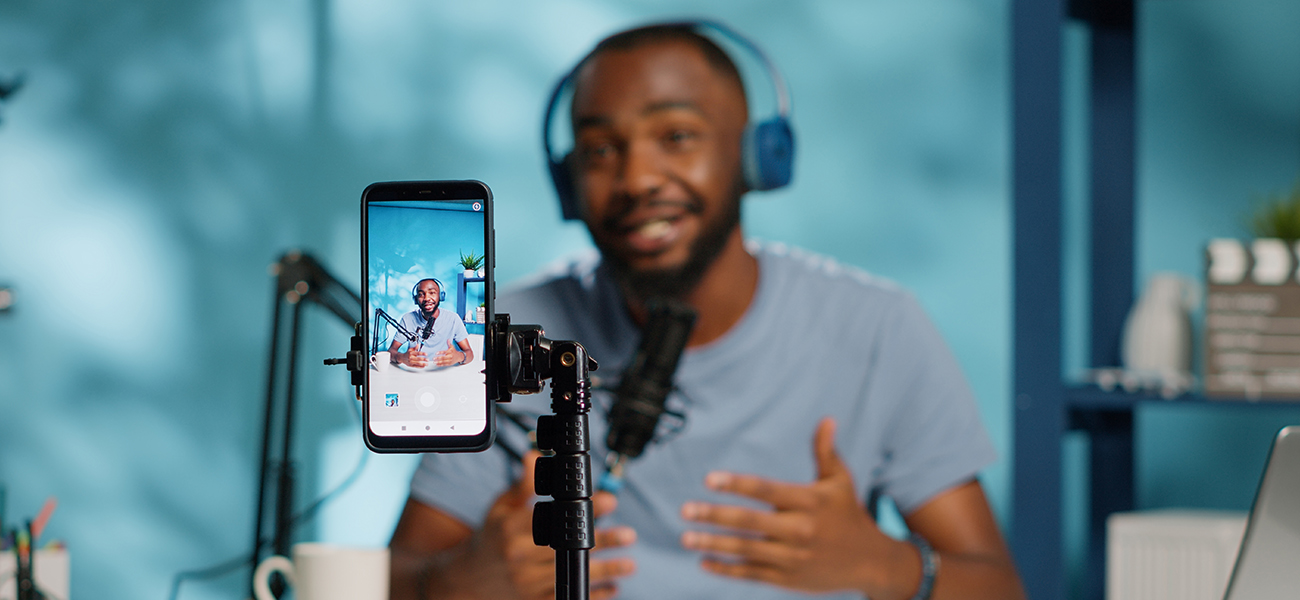
Social media platforms offer invaluable tools for UBC faculty and staff. From fostering connections with colleagues to sharing research updates and engaging with the public, these platforms have transformed communication within and beyond the university. However, navigating the online landscape necessitates a keen awareness of how our social media habits can impact our personal privacy.
Understanding the Risks: Phishing and Oversharing
One prominent threat is phishing. Scammers often use seemingly innocent questions about personal details – your childhood street name, your first pet's name – to answer security questions and gain access to your accounts. These questions are frequently used as a secondary verification method during account recovery, making it crucial to avoid sharing such details publicly.
Oversharing personal information also exposes you to cyberattacks and can negatively impact your online reputation. Vacation updates on social media, for instance, can alert potential burglars to an empty home. Similarly, a seemingly harmless photo with a background street sign could inadvertently reveal your address.
Protecting Your Privacy: Be Mindful and Selective
Before creating accounts or using apps, take a moment to consider the information requested. Does the app genuinely need your full name and address to function, or is it simply gathering unnecessary data? Only share information with trusted platforms and practice data minimization – provide the least amount of data possible to achieve the desired outcome.
Building a Secure Online Presence
By adopting mindful social media practices and prioritizing privacy, UBC faculty and staff can cultivate a safer and more secure online experience. Remember, a few simple steps – from avoiding oversharing personal details to critically assessing information requests – can significantly enhance your online well-being.
Go Further...
- What to Do If Your Social Media Account Is Compromised